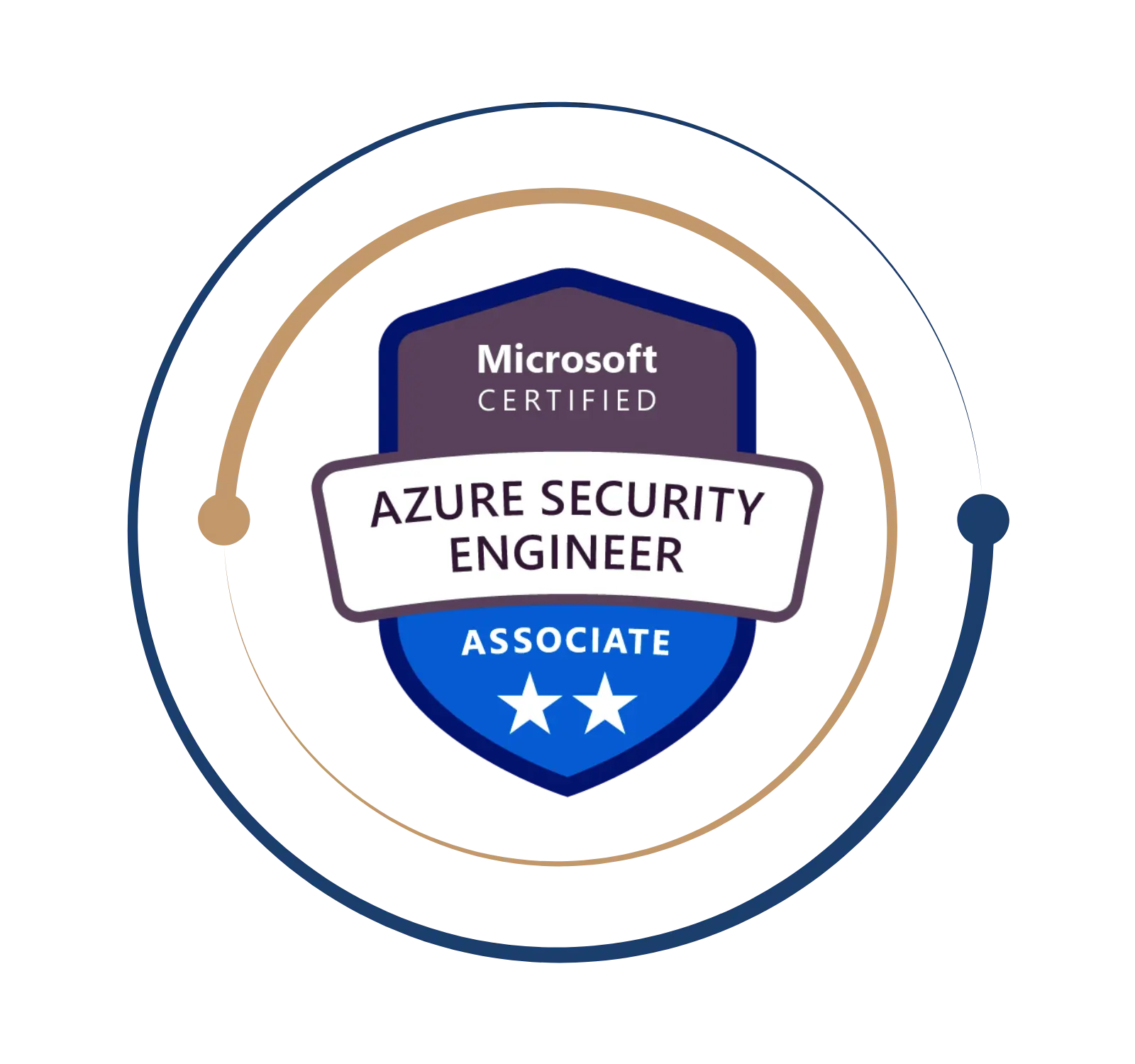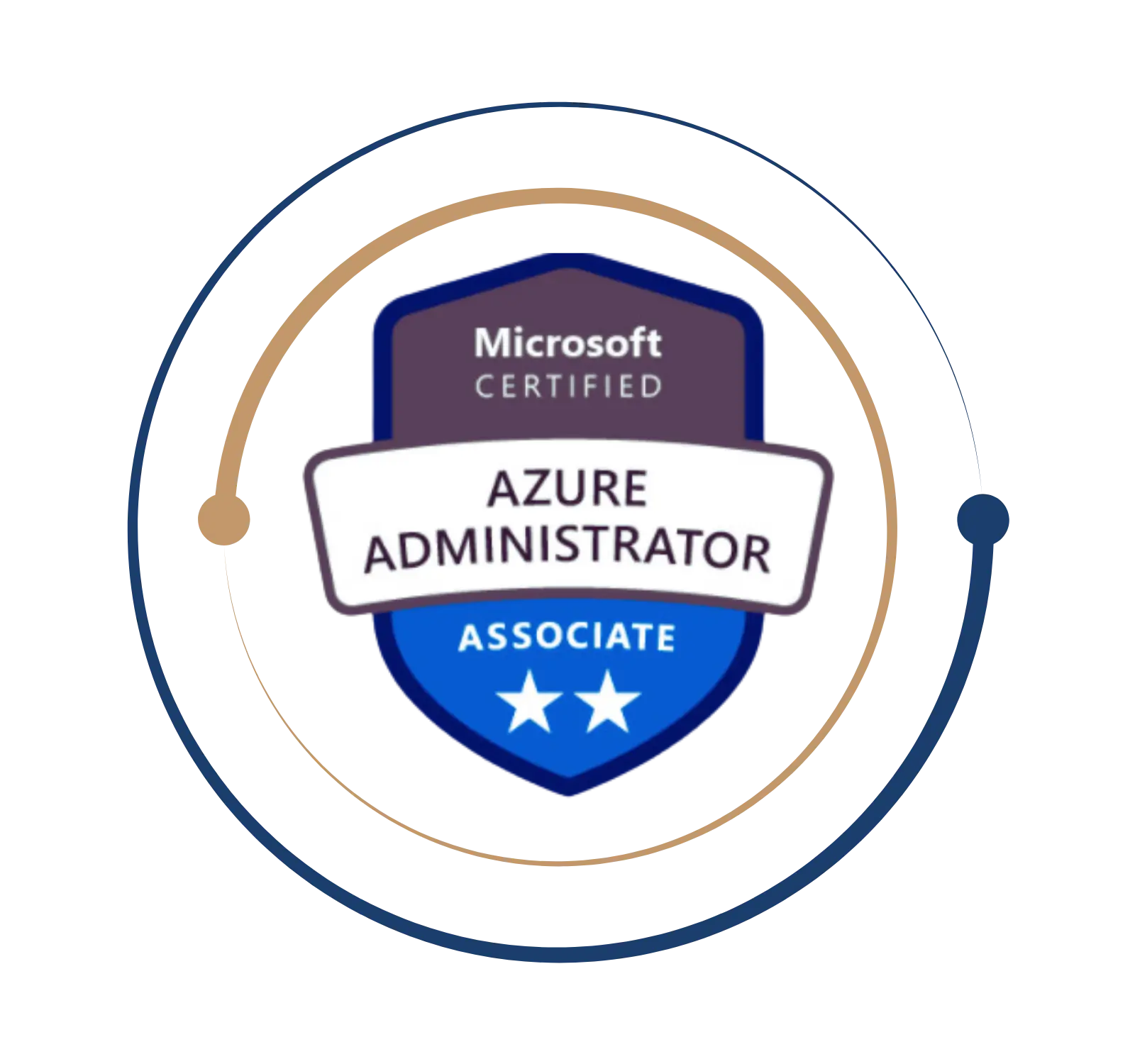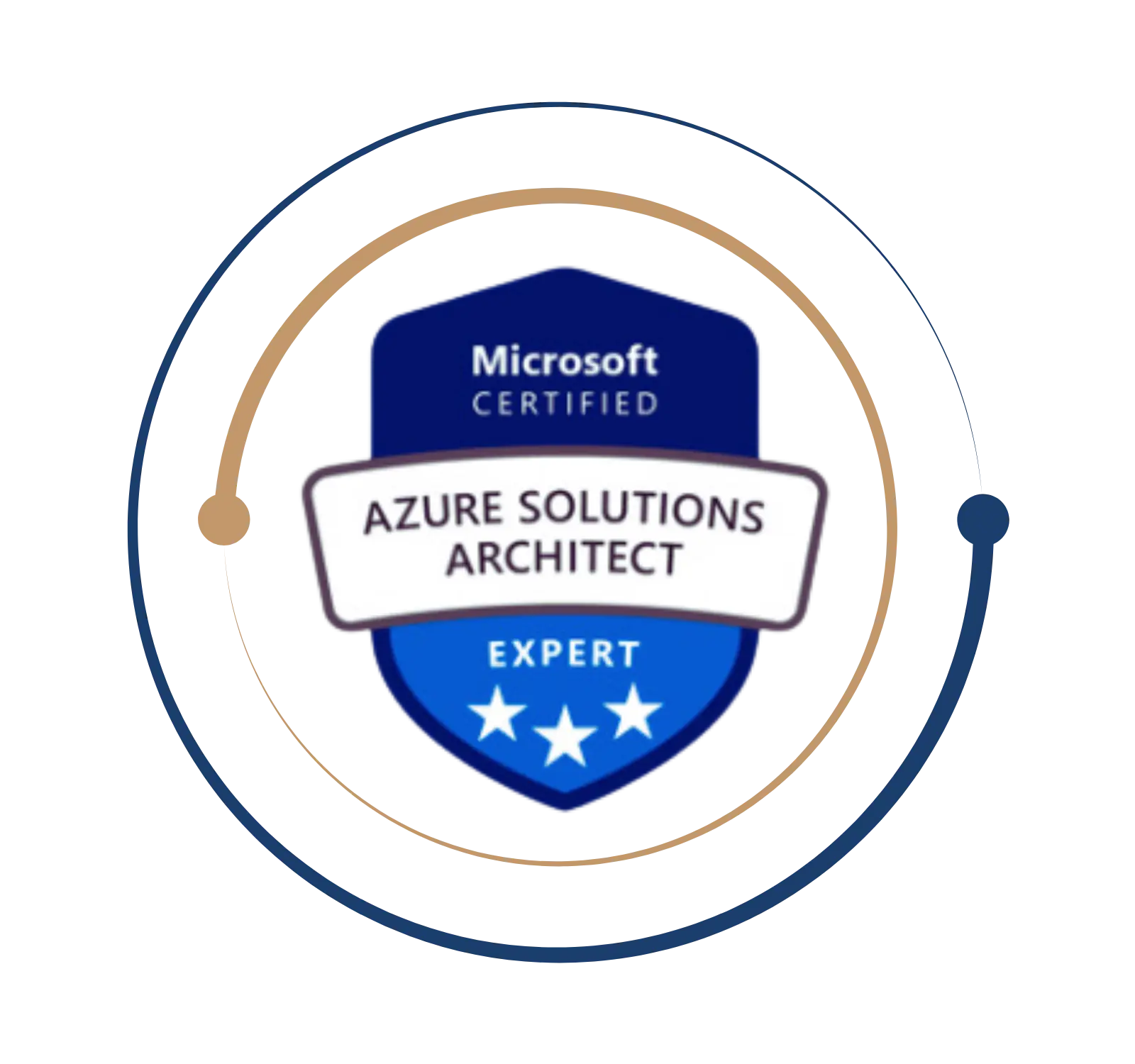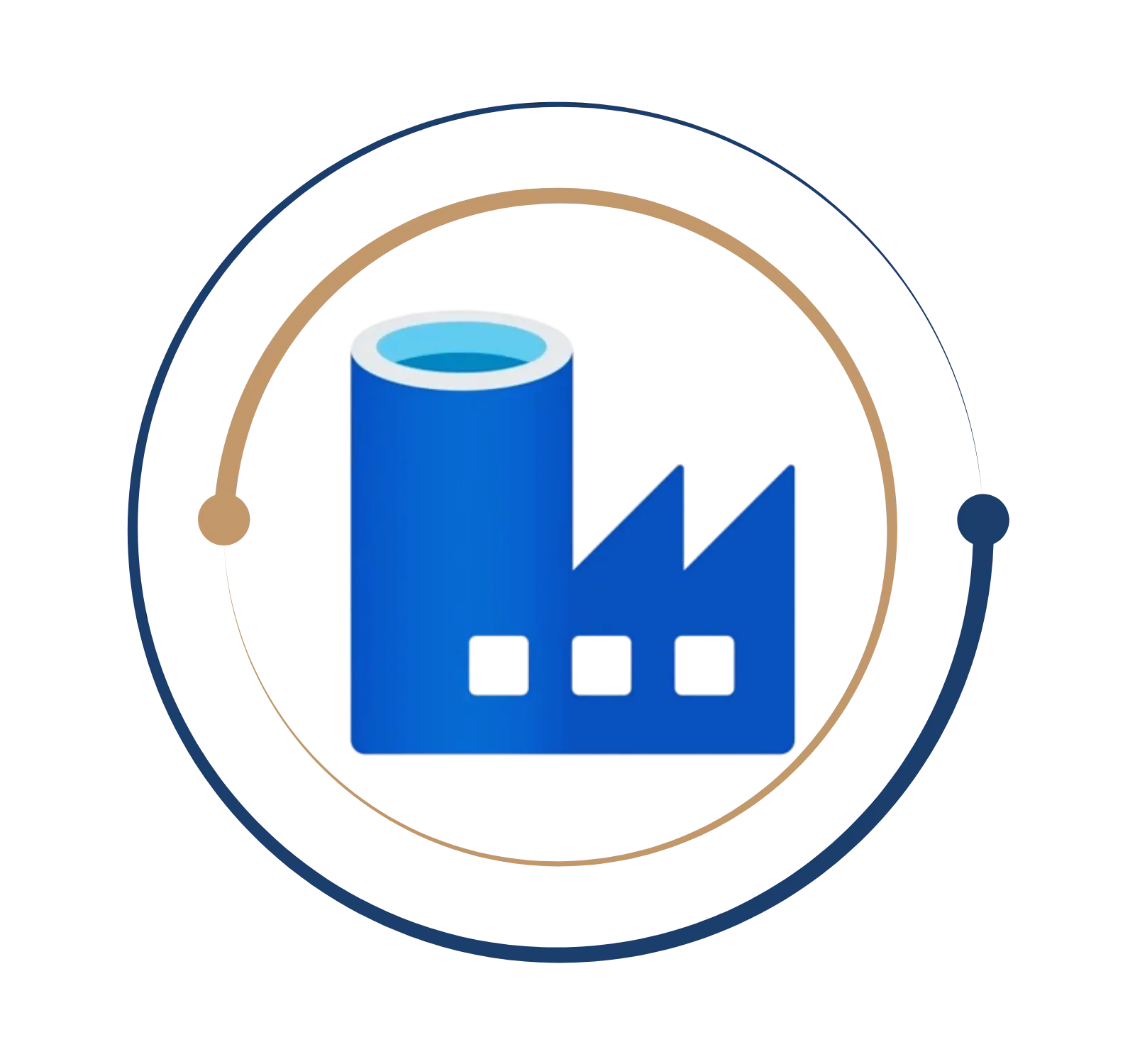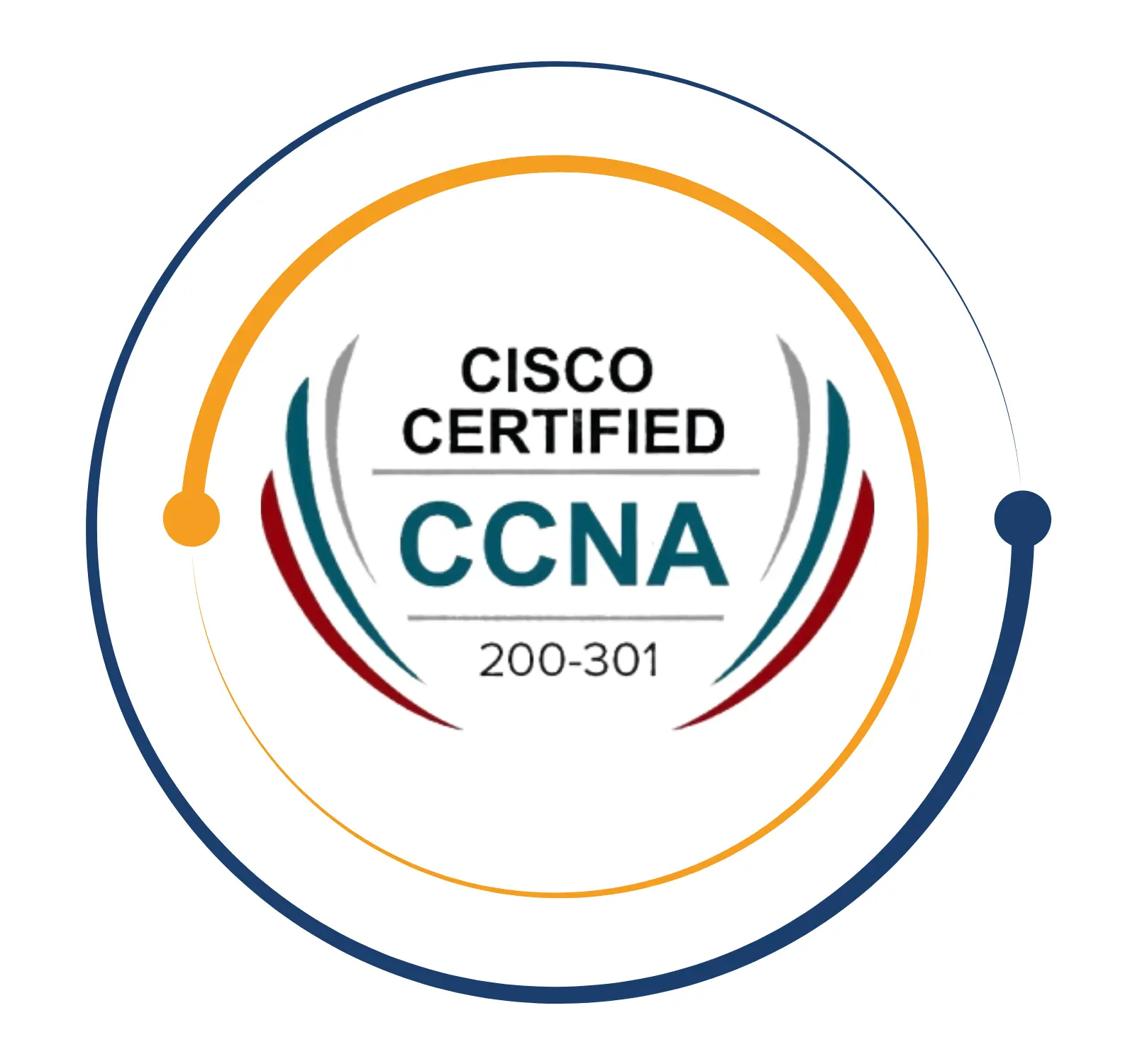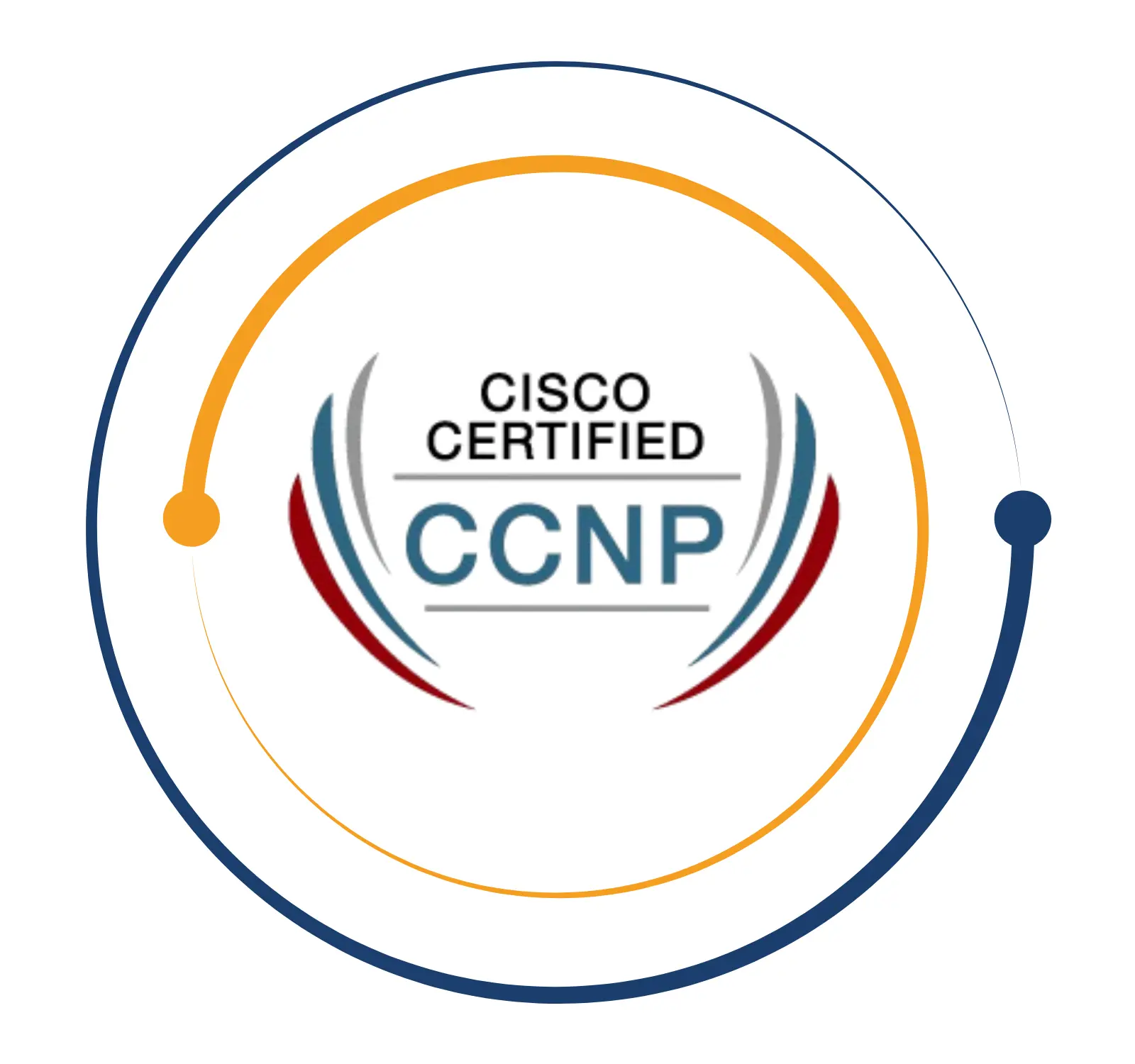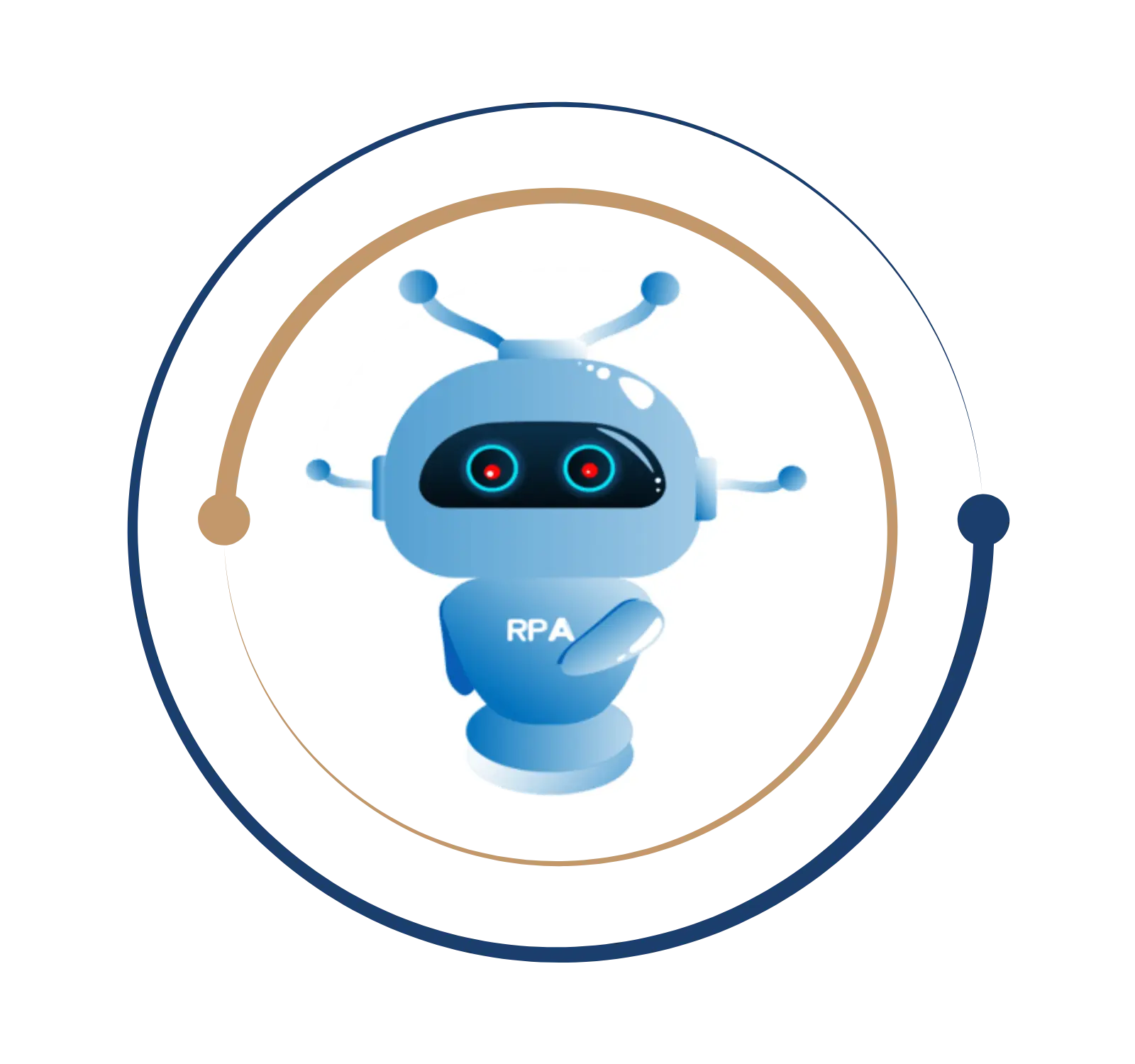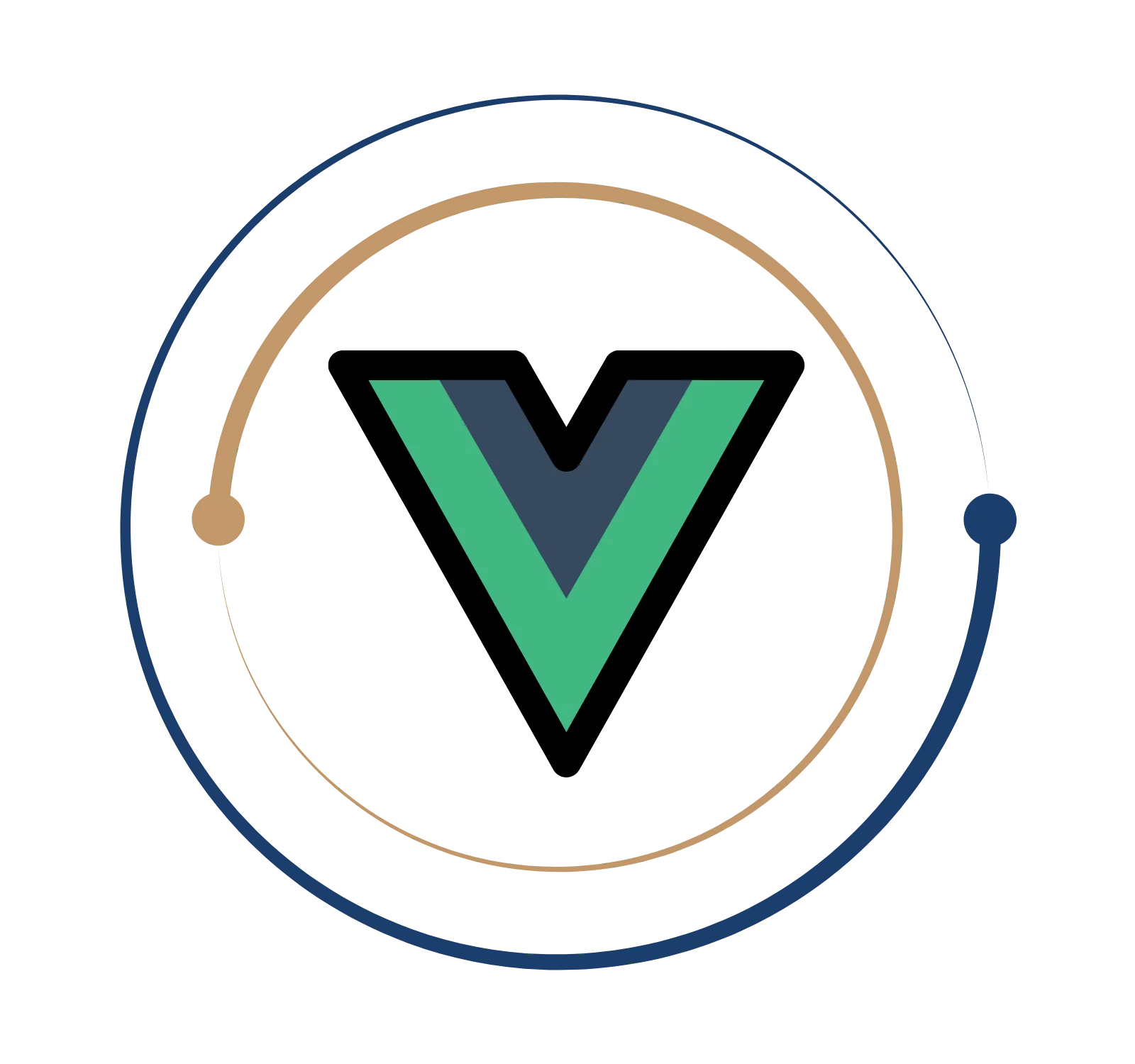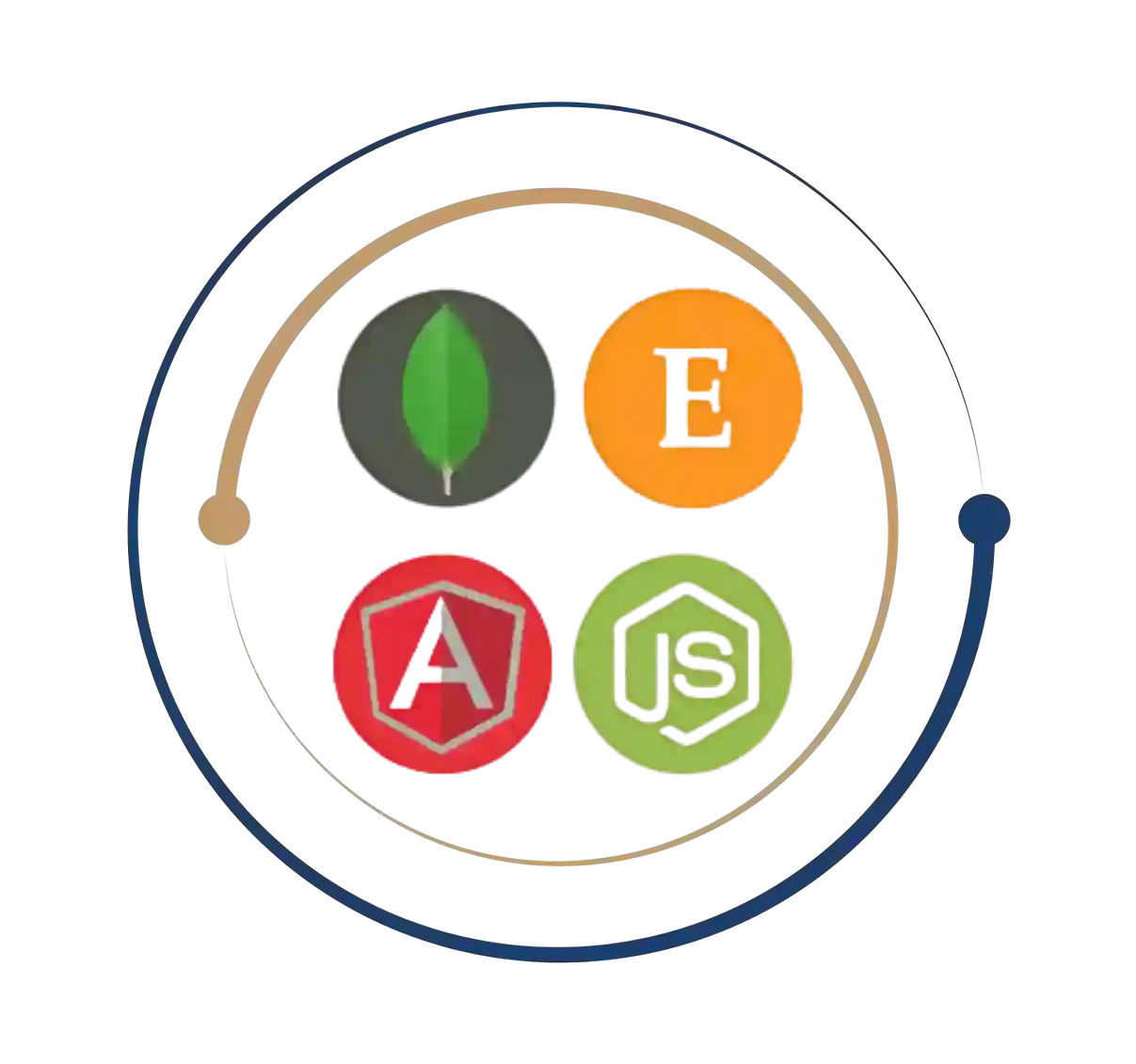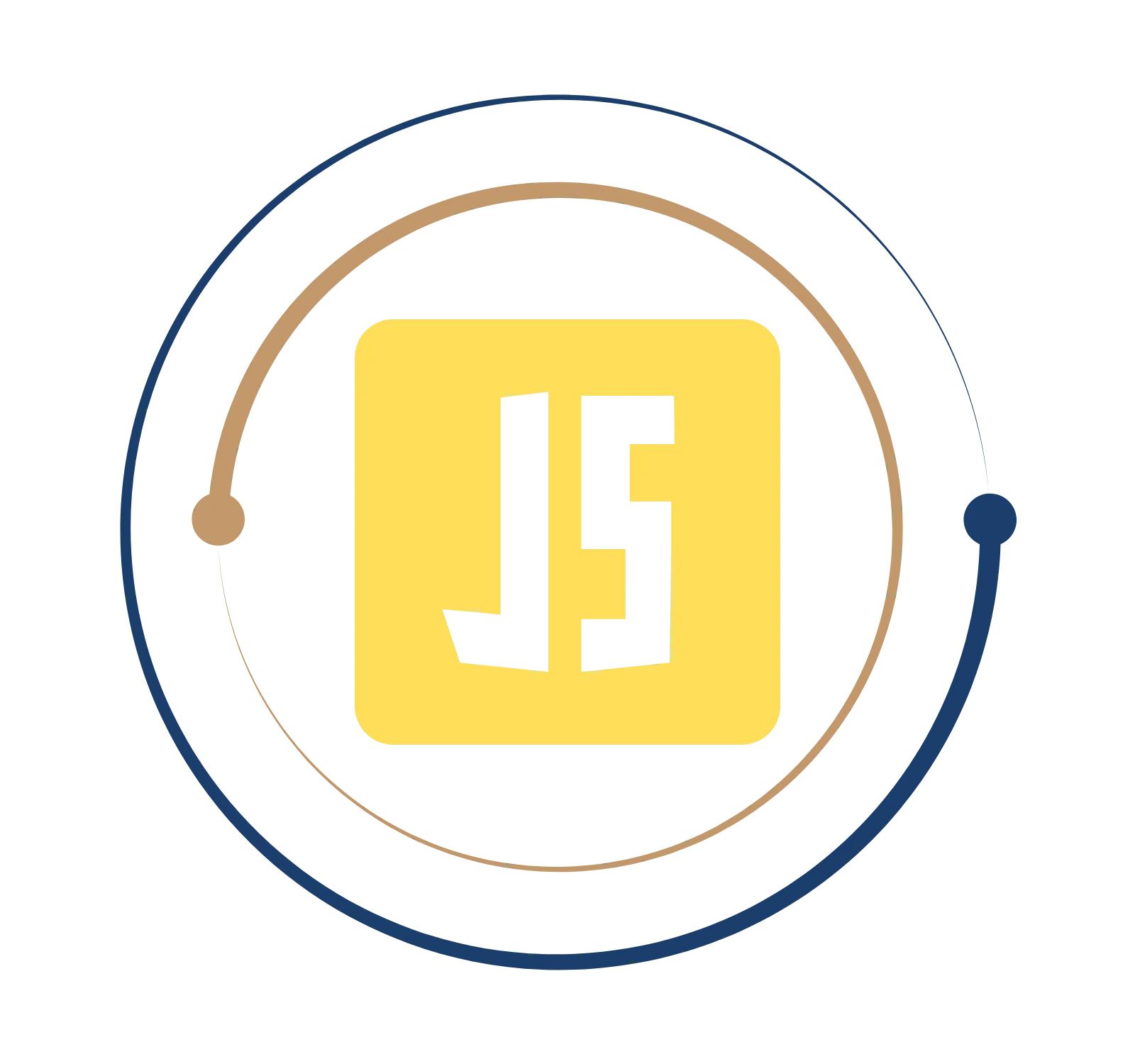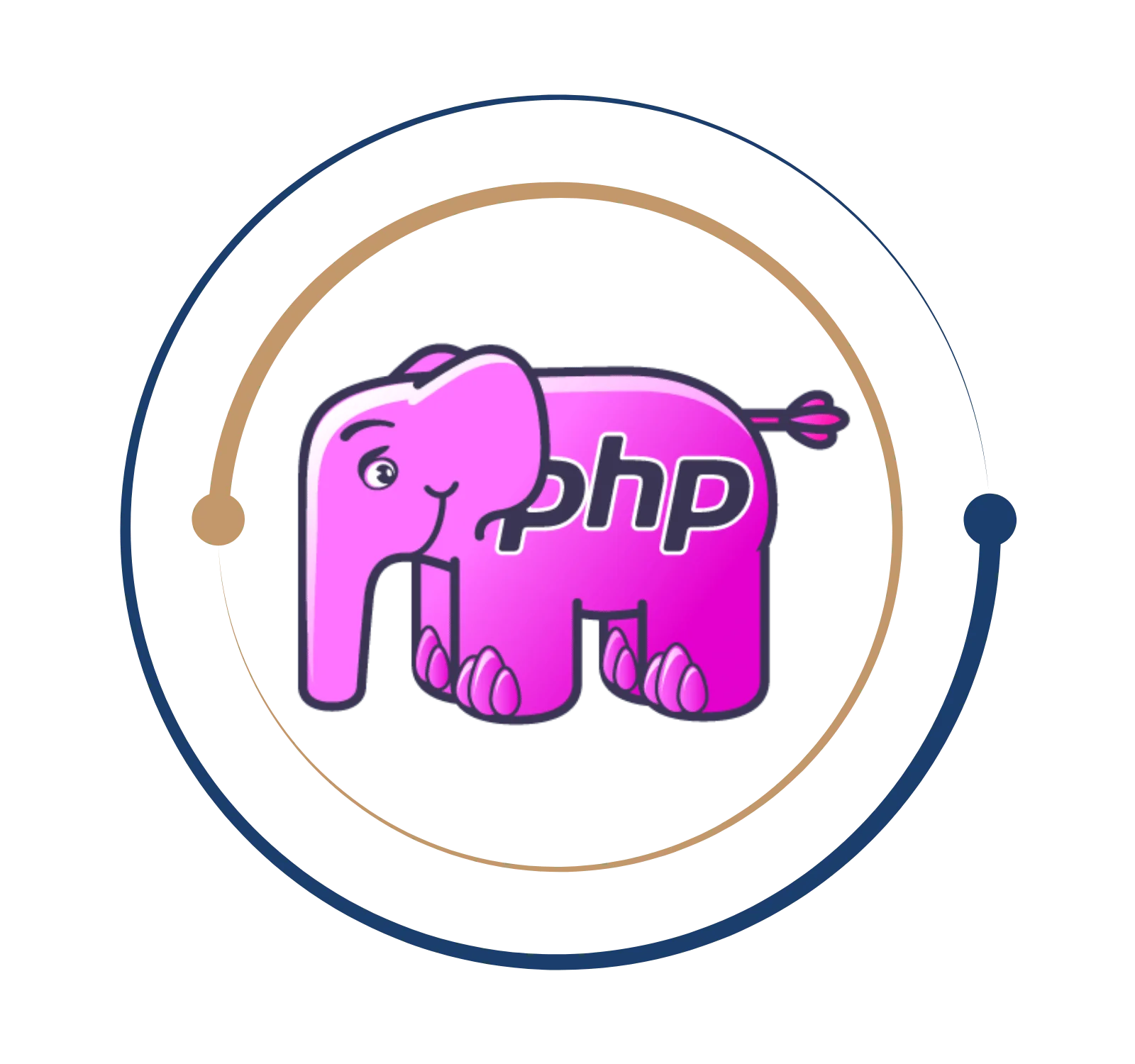Accelerate your development lifecycle with Azure DevOps expertise
Microsoft Azure Developer Training
Do you want to become an Azure Developer Certified Professional? You’ve arrived at the right place. BITA provides Microsoft Azure Developer Training to help you gain experience in the Azure and DevOps areas and become an MS Azure Developer certified professional. You will learn how to create and deploy Azure cloud technology solutions by utilizing Azure services such as cloud storage, cloud security, Platform as a Service, and Azure Cognitive Services. We teach you everything from the essentials to the advanced. Learn how to use Amazon Web Services from the initial concept, using methods trained by specialists in the area. You will have absolute proof of practice at a highly professional level due to learning.
An Azure Developer is someone who generates cloud-based applications that take advantage of the cloud architecture. If you are skilled in testing, security, development, and deployment, a career in Azure development is a good fit for you. It offers tools for tracking software development progress and making decisions to deliver high software to end-users. The main point is that Azure DevOps offerings are not relying on the cloud platform.
Microsoft Azure Developer Training
Do you want to become an Azure Developer Certified Professional? You’ve arrived at the right place. BITA provides Microsoft Azure Developer Training to help you gain experience in the Azure and DevOps areas and become an MS Azure Developer certified professional. You will learn how to create and deploy Azure cloud technology solutions by utilizing Azure services such as cloud storage, cloud security, Platform as a Service, and Azure Cognitive Services. We teach you everything from the essentials to the advanced. Learn how to use Amazon Web Services from the initial concept, using methods trained by specialists in the area. You will have absolute proof of practice at a highly professional level due to learning.
Who is an Azure Developer?
An Azure Developer is someone who generates cloud-based applications that take advantage of the cloud architecture. If you are skilled in testing, security, development, and deployment, a career in Azure development is a good fit for you. It offers tools for tracking software development progress and making decisions to deliver high software to end-users. The main point is that Azure DevOps offerings are not relying on the cloud platform.
Roles and Responsibility of Azure Developer
- DevOps Engineers understand the Software Development Lifecycle and are aware of the various technology tools for developing virtual pipelines.
- The DevOps Manager’s duty includes coordinating product design and development efforts with more corporation operations and production to ensure innovative product arrivals.
- One of a DevOps Engineer’s primary responsibilities is designing and implementing an organization’s infrastructure. They deploy technology to reduce risk management and maintain the organization’s infrastructure.
- To achieve the task, vast collaboration is required. Everything is handled, from research to operation and monitoring, to improve total system reliability and scalability.
- DevOps engineers must stay current on industry trends and best practices while promoting innovation for automation, design development, and other alternatives in a broad context to increase business performance.
- DevOps Engineers must be adaptable to take on a variety of tasks.
An Azure Developer is someone who generates cloud-based applications that take advantage of the cloud architecture. If you are skilled in testing, security, development, and deployment, a career in Azure development is a good fit for you. It offers tools for tracking software development progress and making decisions to deliver high software to end-users. The main point is that Azure DevOps offerings are not relying on the cloud platform.
- DevOps Engineers understand the Software Development Lifecycle and are aware of the various technology tools for developing virtual pipelines.
- The DevOps Manager’s duty includes coordinating product design and development efforts with more corporation operations and production to ensure innovative product arrivals.
- One of a DevOps Engineer’s primary responsibilities is designing and implementing an organization’s infrastructure. They deploy technology to reduce risk management and maintain the organization’s infrastructure.
- To achieve the task, vast collaboration is required. Everything is handled, from research to operation and monitoring, to improve total system reliability and scalability.
- DevOps engineers must stay current on industry trends and best practices while promoting innovation for automation, design development, and other alternatives in a broad context to increase business performance.
- DevOps Engineers must be adaptable to take on a variety of tasks.
Get Instant Help Here
The Azure Developer certification training course will prepare you to pass the Azure Developer Associate certification exam. Azure developers who participate in all phases of development, from requirement analysis and design to development, deployment, and maintenance, are eligible for the Azure Developer Associate certification. They collaborate with cloud Database administrators, cloud administrators, and clients to implement solutions. There are countless Azure Developer certifications available that can assist you in obtaining an Azure Developer job faster. A certificate in any technology sets your profile apart from the crowd, demonstrating to the world that you have the requisite skills to excel in your field. This distinguishes you from other candidates who have only a gray background in the potential field of cloud development. Hopefuls willing to work as Azure Developers can enroll in BITA Academy’s Microsoft Azure Developer Training, which will result in an extensive and profitable career.
Azure Certification
- Microsoft Certified Azure Developer Associate AZ-204
- Microsoft Certified Azure Administration Associate AZ-104
- Microsoft Certified Azure Security AZ-500
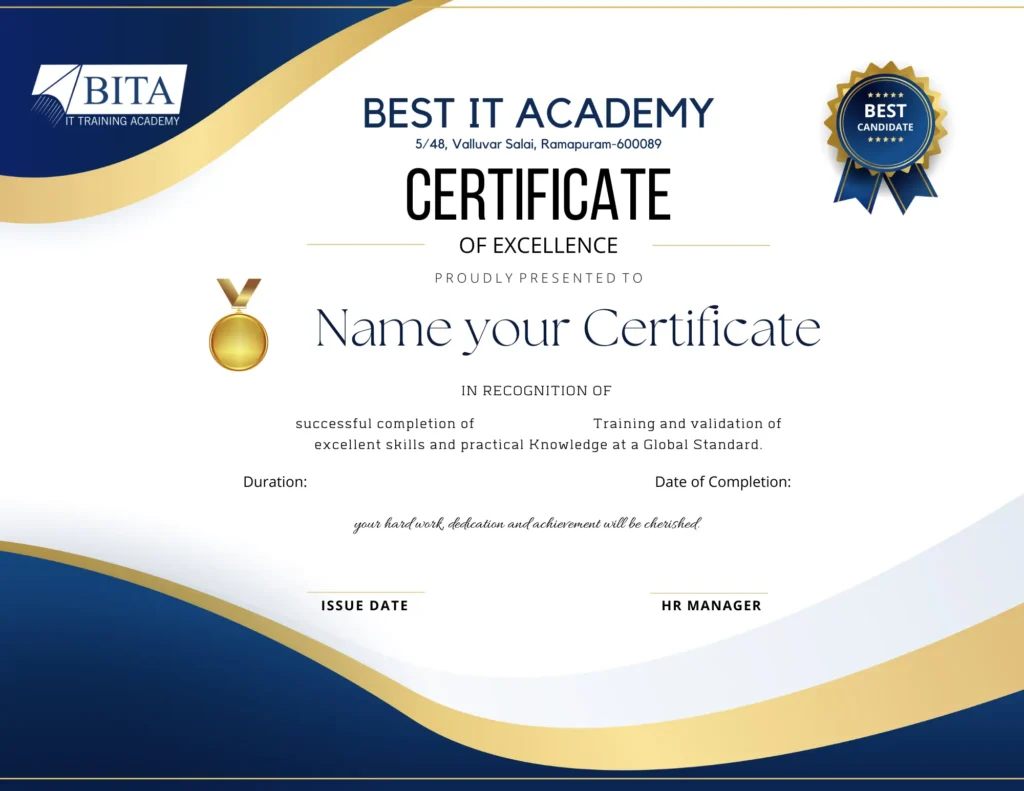
Cloud computing has emerged as the preferred technology among developers in the tech community. Developers are popular, but they get dropped in the cost of courses that will help them achieve their goal of becoming an Azure Developer. According to predictions, 80 percent of enterprises will transfer their workload to the cloud in the present and future, making it a significant career to consider. Azure DevOps is expected to overgrow in the coming years, with a bright future. Many Fortune 500 companies, as well as many start-ups and small businesses, require a certified Azure DevOps Engineer. Don’t be concerned about the job or salary offered after completing your certification as an Azure DevOps Engineer; instead, aim to enhance your real-world experience if you want to be a part of any sizable renowned organization and future job with the salary you desire. Azure DevOps Engineer salaries in India range from 4.5 Lakhs to 9.5 Lakhs per year, with an average annual salary of 5.8 Lakhs. Salary estimates are based on 884 Azure DevOps Engineer salaries. Signup for Microsoft Azure Developer Training
Job you can land with Azure Developer
What you will learn?
- Managing Azure subscriptions
- Assigning administrator permissions
- Configuring Azure subscription
- Utilizing and consuming Azure resources
- Analyzing alerts and metrics
- Configuring diagnostic settings
- Monitoring unused resources
- Utilizing Log Search query functions
- Viewing alerts in Log Analytics
- Managing resource groups
- Configuring resource locks and policies
- Moving resources across resource groups
- Managed role-based access control (RBAC)
- Creating and configuring storage accounts
- Installing Azure Storage Explorer
- Monitoring activity using Log Analytics
- Deploying Azure storage replication
- Exporting from and importing into Azure job
- Azure Data Box
- Configuring blob storage
- Azure Content Delivery Network (CDN)
- Creating Azure file share and file sync
- Implementing Azure backup
- Creating Recovery Services Vault
- Configuring backup policy
- Configuring VM for Windows and Linux
- Configuring monitoring
- Networking
- Storage
- Deploying and configuring scale sets
- Modifying Azure Resource Manager (ARM)
- Configuring VHD template
- Deploying Windows and Linux VMs
- Managing Azure VM
- Automate configuration management with PowerShell Desired State Configuration (DSC)
- Managing VM sizes
- Moving VMs from one resource to another
- Managing VM backups
- Configuring VM backup
- Performing VM restore
- Azure Site Recovery
- Creating connectivity between virtual networks
- Creating and configuring VNET peering
- virtual network connectivity
- Creating virtual network gateway
- Implement and manage virtual networking
- Configuring private and public IP addresses
- Network routes and network interface
- Configuring name resolution
- Configuring Azure DNS
- Configuring private and public DNS zones
- Configuring Network Security Group (NSG)
- Creating security rules
- Associating NSG to a subnet or network interface
- Implement Azure load balancer
- Monitor and troubleshoot virtual networking
- Integrate on premises network with Azure virtual network
- Implementing solutions with Virtual Machines (VM)
- Provision VMs
- Configure VMs for remote access
- Create ARM templates
- create container images for solutions by using Docker
- Publish an image to the Azure Container Registry
- Run containers by using Azure Container Instance
- Creating Azure Managed Kubernetes Service (AKS) cluster
- Configuring Azure Disk Encryption for VMs
- Deploying Azure batch jobs with Azure Batch Services
- Batch Service API
- Running batch job with Azure CLI
- Azure portals
- Azure Batch Services batch job coding
- Creating Azure App Service Web Apps
- Configure web app settings including SSL
- API, and connection strings
- Creating background task with WebJobs
- Enabling diagnostic logging
- Creating Azure App Service mobile apps
- Enabling mobile app offline sync
- Deploying mobile device remote instrumentation
- Azure App service API apps
- API documentation with open source tools
- Azure function implementation
- Function input and output binding
- Function trigger with timer
- Webhooks and data operations
- Azure Durable Functions
- Creating Azure Function apps with Visual Studio
- Developing solutions with storage tables
- Table policy implementation
- Using code to query table storage
- Deploying partitioning schemes
- Using Cosmo DB storage for solution development
- Create Cosmos DB containers
- Data creation, read, update and delete with the right API
- Operations consistency level
- Developing solutions for relational databases
- Relational database configuration and provisioning
- Azure SQL database elastic pool configuration
- Using code to create, read, update and delete data tables
- Developing solutions for blob storage
- Moving item between containers and storage accounts
- Deploying blob leasing
- Data archiving and retention
- Hot, cool, and archive storage
- Deploying authentication
- Using forms-based authentication
- Tokens, certificates
- Using Azure AD for Windows authentication
- OAuth2 authentication
- Managed Service Identity
- Service Principle authentication
- Role-based and claims-based authorization
- Shared access signature
- Secure data solutions
- Decrypting and encrypting data in transit and rest
- Using App Configuration & KeyVault API for securing app data and key creation and deletion.
- Code development for apps and services scalability
- Autoscaling rules
- Scheduled autoscaling
- Scaling by operational or system metrics
- Handling transit faults with code
- Caching and content delivery integration with solutions
- Azure Redis Cache data storage and retrieval
- Developing code for CDNs, invalidating cache content
- Support monitoring and logging solutions
- Deploying Application Insights for configuring app or service instrumentation
- Azure Monitor for troubleshooting, Application Insight Web Test implementation and alerts
- Developing App Service Logic App, creating a Logic App
- Creating custom connector and custom template for Logic Apps
- Integrating Azure search in solutions, creating Azure search index
- Importing search data
- Querying Azure Search index
- API Gateways
- APIM instance
- API authentication
- API policies
- Event-based solution development
- Deploying solutions with Event Grid
- Notification and Event Hub
- Developing message-based solutions
- Azure Service Bus and Azure Queue Storage for solution implementation
Weekdays
Mon-Fri
Online/Offline
1 hour
Hands-on Training
Suitable for Fresh Jobseekers
/ Non IT to IT transition
Weekends
Sat – Sun
Online/Offline
1.30 – 2 hours
Hands-on Training
Suitable for IT Professionals
Batch details
Week days
Mon-Fri
Online/Offline
1 hour
Hands-on Training
/ Non IT to IT transition
Sat – Sun
Online/Offline
1:30 – 2 hours
Hands-on Training
Why should you select us?
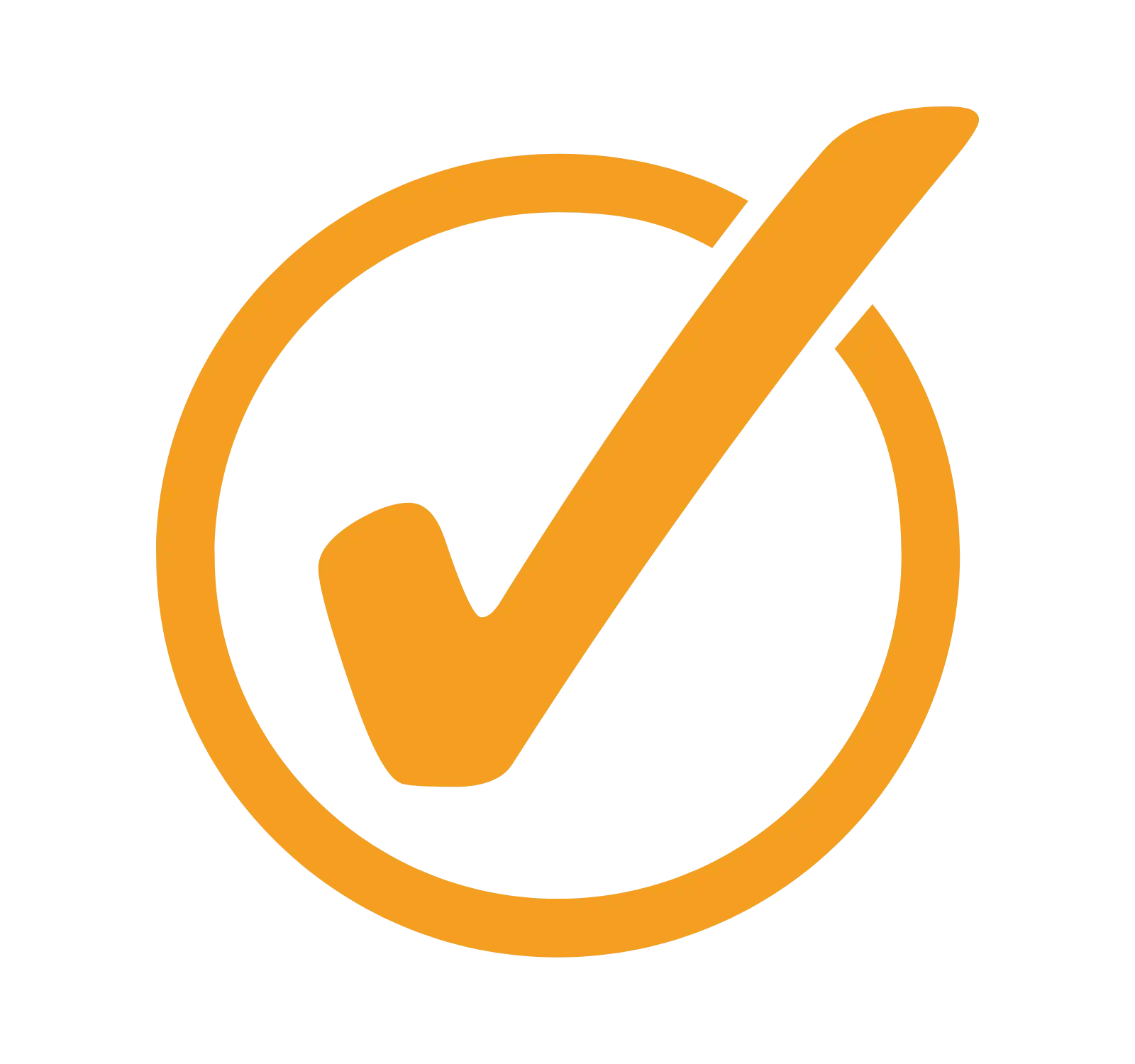





Why should you select Us?







